1. Star Trek Was Too Smart for Its Own Good
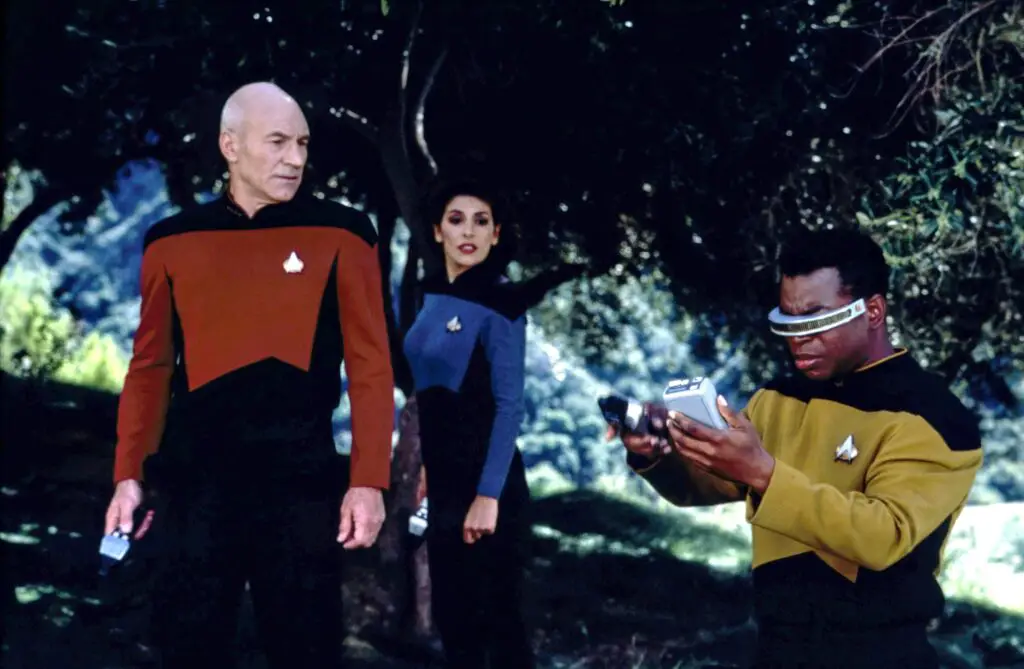
It’s almost hard to believe now, but Star Trek was initially canceled because it just didn’t pull in enough viewers. The network thought the show was too cerebral, which is a nice way of saying that audiences might not have been ready for its deep dive into social commentary and speculative fiction. Fans fought hard to save it, even organizing a letter-writing campaign, but NBC still pulled the plug after three seasons. The series was expensive to produce, and the ratings didn’t justify the costs, so it was a logical—but heartbreaking—decision says Slashfilm.
The irony is that Star Trek gained a massive cult following almost immediately after cancellation. Reruns found their way into syndication, and people suddenly realized they’d missed out on something special. The show’s themes of exploration, diversity, and ethical dilemmas struck a chord with a growing fanbase. Today, it’s a cultural phenomenon with numerous spin-offs, movies, and conventions. Who knew that being too smart could be such a liability?
2. The Brady Bunch Wasn’t Dysfunctional Enough
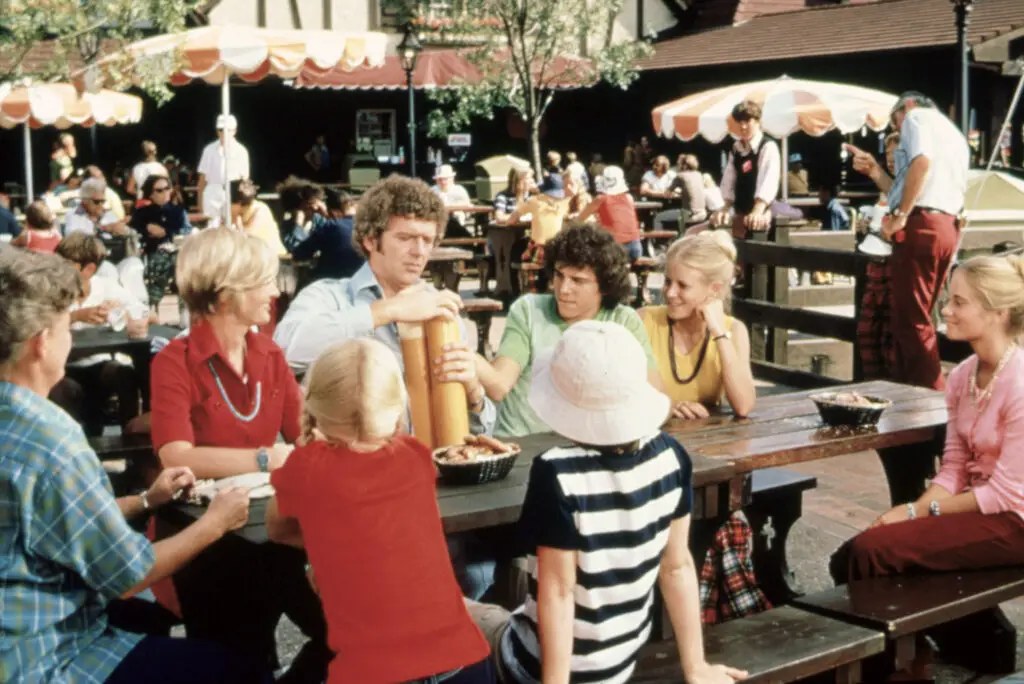
Even though The Brady Bunch feels like the epitome of wholesome family fun, its cancellation came down to changing tastes. Audiences in the early ’70s were shifting toward grittier, more realistic shows, and the squeaky-clean antics of the Brady clan just weren’t cutting it anymore. Despite steady ratings, the network decided to chase edgier trends, leaving the Brady kids and their blended family behind says Parade Magazine.
What makes this cancellation strange is how the show became more popular in reruns than it ever was during its original run. The simplicity and charm that once felt outdated turned into a comforting nostalgia trip for generations to come. It’s a reminder that sometimes, being out of step with the times isn’t a bad thing—it just means you’re waiting for the world to catch up.
3. Gilligan’s Island Was Sacrificed for Gunslingers
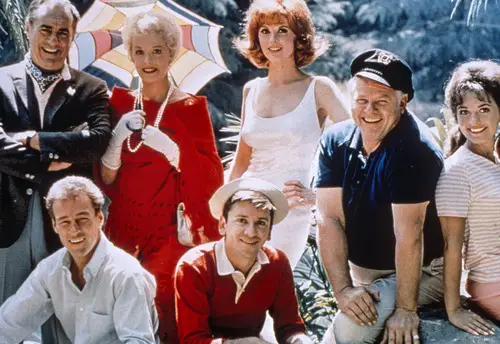
Gilligan’s Island might be one of the most bizarre TV comedies ever, but its cancellation wasn’t about the show’s silly plots or slapstick humor. Instead, it was a victim of network politics. CBS needed to make room for Gunsmoke, which was a favorite of the network’s president’s wife. So, despite decent ratings and a dedicated fanbase, the castaways were left stranded for good shares Collider.
The cast didn’t even find out through an official announcement—some of them learned the show was over by reading the newspaper. Talk about an unceremonious end! Gilligan’s Island later thrived in syndication, becoming a cultural touchstone and proof that a show about nothing much at all can still leave a lasting impact.
4. The Monkees Were Too Countercultural for Comfort
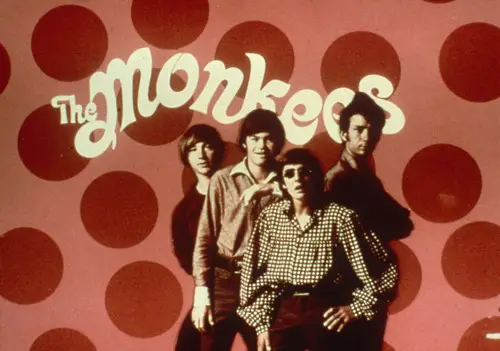
The cancellation of The Monkees is a head-scratcher because it wasn’t due to low ratings. The show was a big hit, and the band’s albums were flying off the shelves. But the group wanted more creative control, shifting toward a psychedelic, experimental sound. This didn’t sit well with network executives who wanted to keep things light and predictable.
There was also tension as the show blurred the line between reality and fiction, with the band members growing increasingly frustrated by their manufactured image. Ultimately, the network wasn’t ready to let The Monkees grow up with their audience, so they pulled the plug. Fans, however, stayed loyal, and the band remains beloved long after their TV days ended.
5. The Addams Family Lost to a Family Next Door
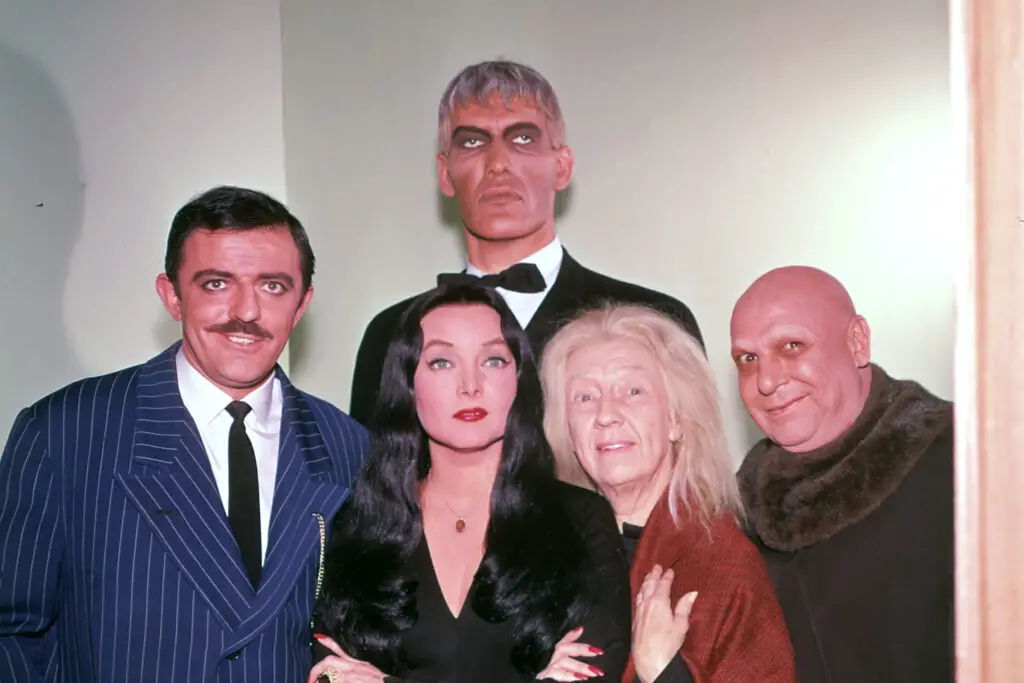
It’s strange to think that The Addams Family got canceled while still riding a wave of popularity. The reason? ABC’s Batman series premiered in the same time slot and drew away much of the younger audience. Despite its loyal fanbase, the creepy, kooky clan couldn’t compete with the Caped Crusader’s flashy, colorful antics.
Another factor was that The Munsters was airing at the same time, and network executives felt there was only room for one spooky family on TV. Looking back, it seems silly that such a unique and stylish show was cut short. The franchise would later find new life in movies and cartoons, but it’s a shame that network rivalry brought it down in its prime.
6. Hogan’s Heroes Was Tarnished by Scandal
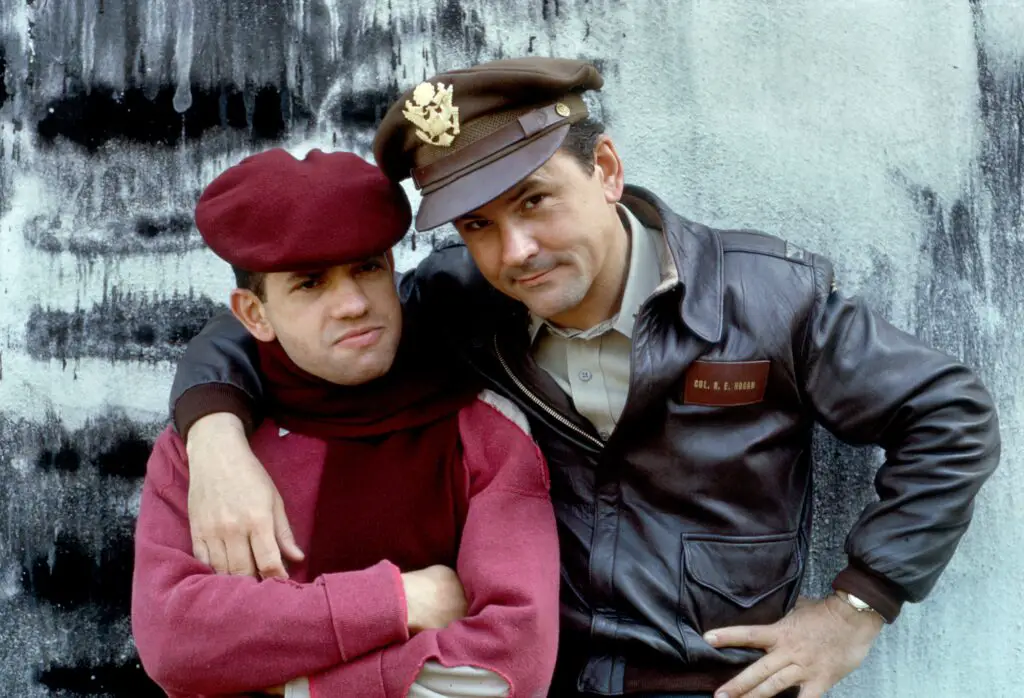
Hogan’s Heroes didn’t just end because of ratings or network meddling. Instead, its cancellation is often linked to the shocking murder of its star, Bob Crane. While the crime itself happened after the show ended, Crane’s personal controversies and waning interest in the series cast a shadow over its final season.
The show, which made a sitcom out of a WWII POW camp, was already a bit of an odd sell. But the real-life tragedy surrounding its star turned off both viewers and advertisers. Despite its abrupt end, the show remains a peculiar part of TV history, known for its dark humor and a cancellation story that was even darker.
7. The Partridge Family Sang Its Last Note Due to Changing Tastes
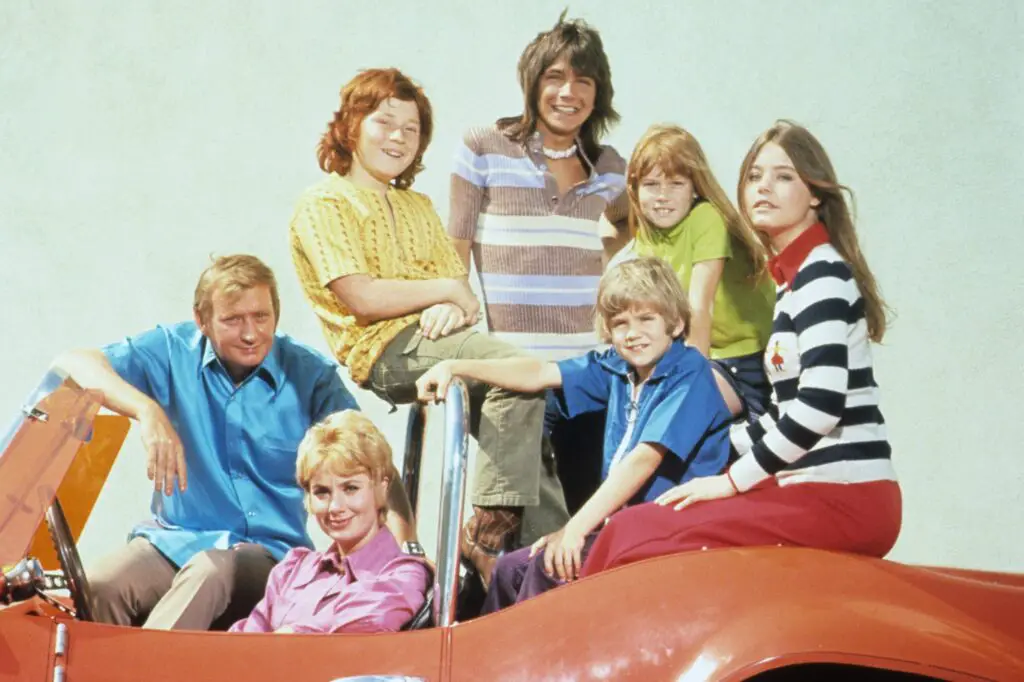
The decision to cancel The Partridge Family wasn’t because the music stopped being catchy. Instead, the audience started to lose interest in bubblegum pop and wholesome family stories. The rise of more gritty, realistic shows left the Partridges feeling a bit too fluffy for prime time.
There were also behind-the-scenes tensions, especially with David Cassidy wanting to break away from his teen idol image. Ratings slid, and the network lost confidence, pulling the plug just as the cast was ready for a bit more depth. Still, the show’s toe-tapping songs and breezy charm stuck with fans long after the final episode.
8. The Green Hornet Couldn’t Escape Batman’s Shadow
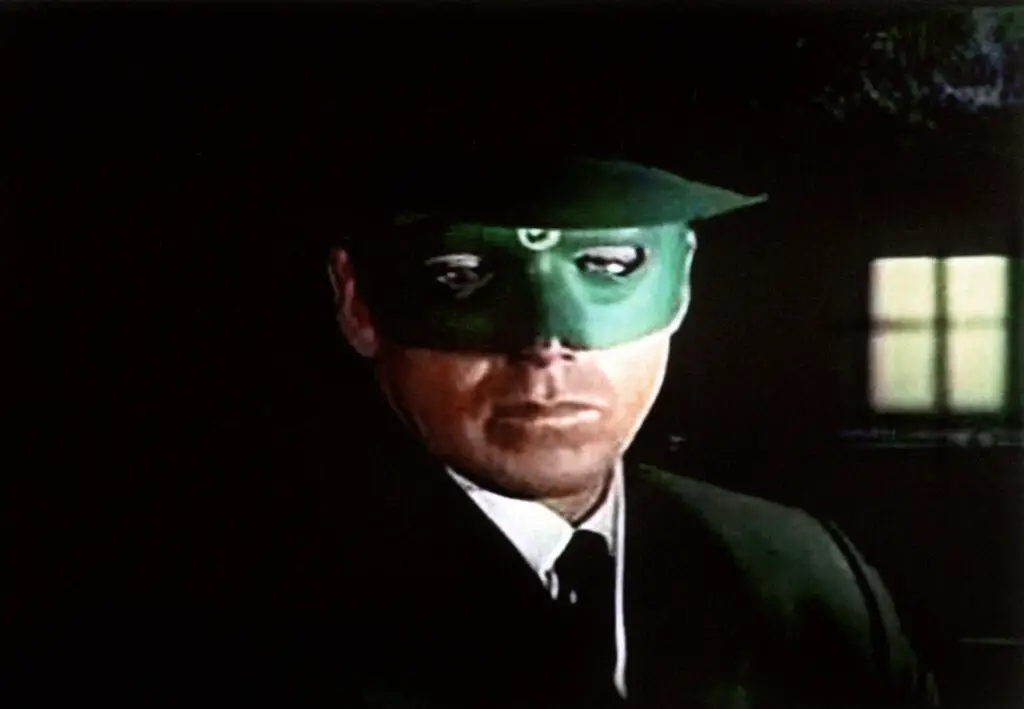
While Batman soared, its more serious sibling, The Green Hornet, never quite took off. Despite introducing the world to Bruce Lee as Kato, the show struggled with an identity crisis. Was it a campy superhero romp or a straight-laced crime-fighter drama? The audience couldn’t tell, and the network didn’t give it time to figure it out.
Adding to the confusion was the fact that it aired back-to-back with Batman, making the tone shift even more jarring. Critics loved Lee’s martial arts action, but that wasn’t enough to keep the Hornet buzzing. The show was canceled after just one season, leaving fans to wonder what could’ve been.
9. My Mother the Car Was Just Too Weird
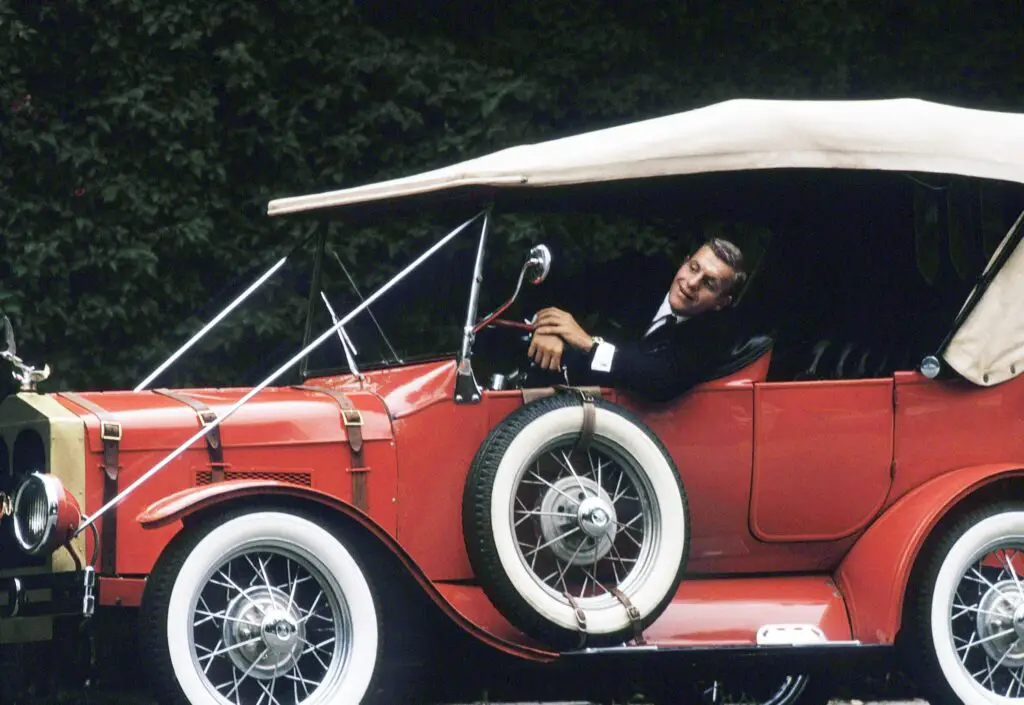
Even by ’60s standards, My Mother the Car was a strange concept—a man’s deceased mother reincarnated as a talking vintage automobile. It was a gamble that critics immediately panned, calling it one of the worst shows ever made. Despite its oddball charm, audiences just couldn’t get invested in a guy chatting with a car.
The network hoped that sheer novelty would draw viewers, but the show became more of a punchline than a hit. It sputtered out after one season, but the fact that it got made at all remains a bizarre testament to the era’s willingness to try anything once.
10. Get Smart Fell Victim to Network Ping-Pong
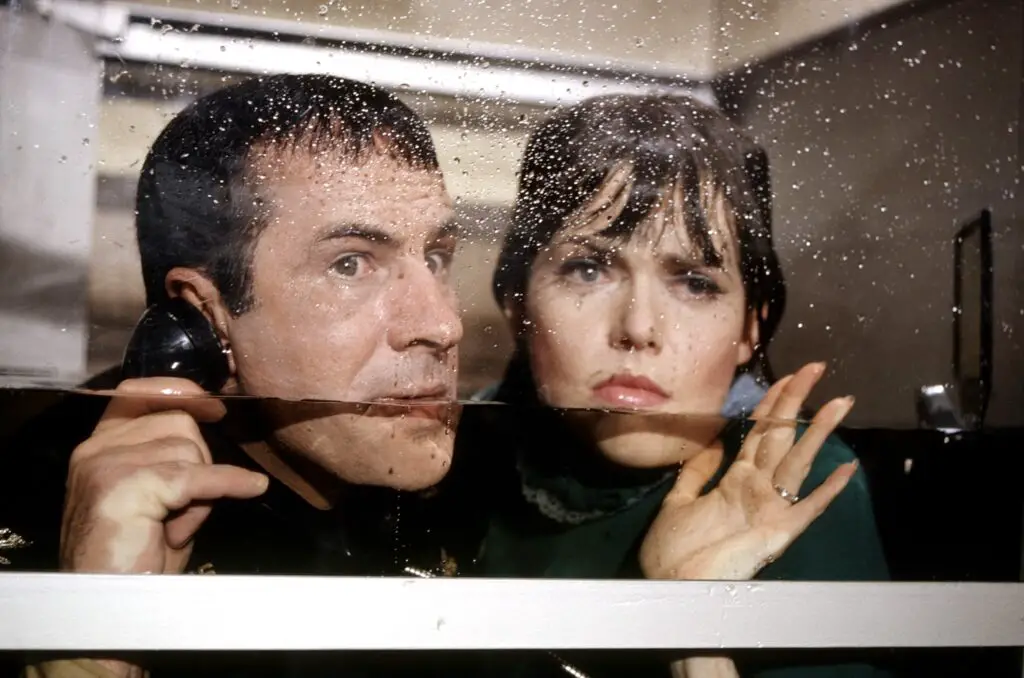
Get Smart had a loyal following, but constant network moves hurt its momentum. The show bounced from NBC to CBS, confusing viewers and making it hard to keep a steady audience. Even though it racked up Emmy awards, the instability took its toll, and the show was eventually dropped.
Adding to the confusion was the shift in tone during later seasons. The spy spoof went broader with its comedy, which some fans loved and others didn’t. In the end, the show was a victim of both network meddling and the fickle nature of TV audiences. Still, its legacy as a comedy classic remains untouched.
11. The Smothers Brothers Comedy Hour Was Censored Out of Existence
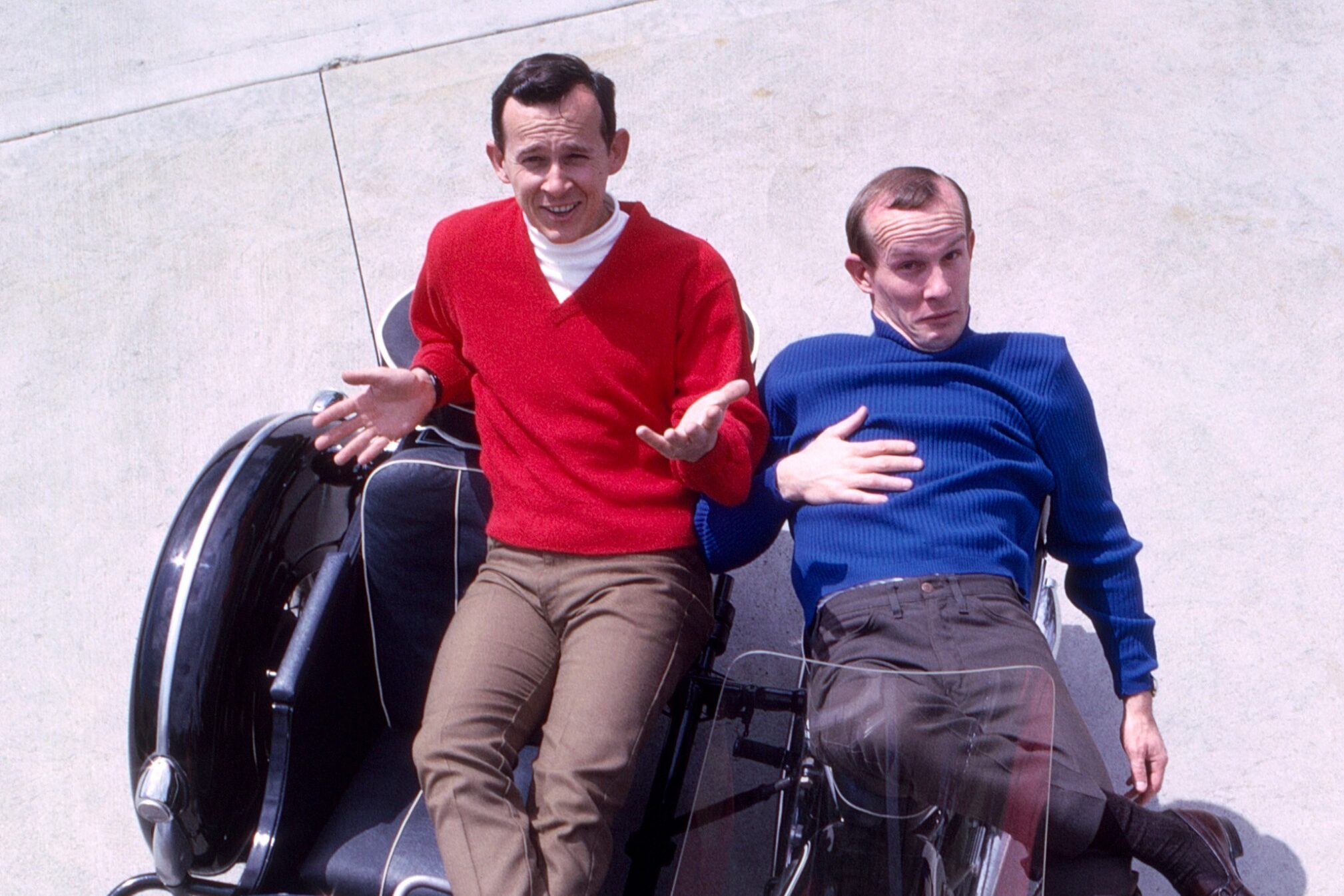
Tom and Dick Smothers didn’t get canceled because of bad ratings—they were actually surging in popularity. The problem was that their sharp political satire and countercultural jokes rubbed network executives (and certain politicians) the wrong way. CBS demanded more and more control over the show’s content, but the brothers fought back, refusing to compromise their comedic voice.
The network eventually cited a contract violation to justify cancellation, but it was really about silencing voices that questioned authority. Fans were outraged, and the Smothers Brothers became symbols of artistic integrity. Decades later, the show stands as a reminder that comedy can be both funny and fearless, even if it means risking everything.
